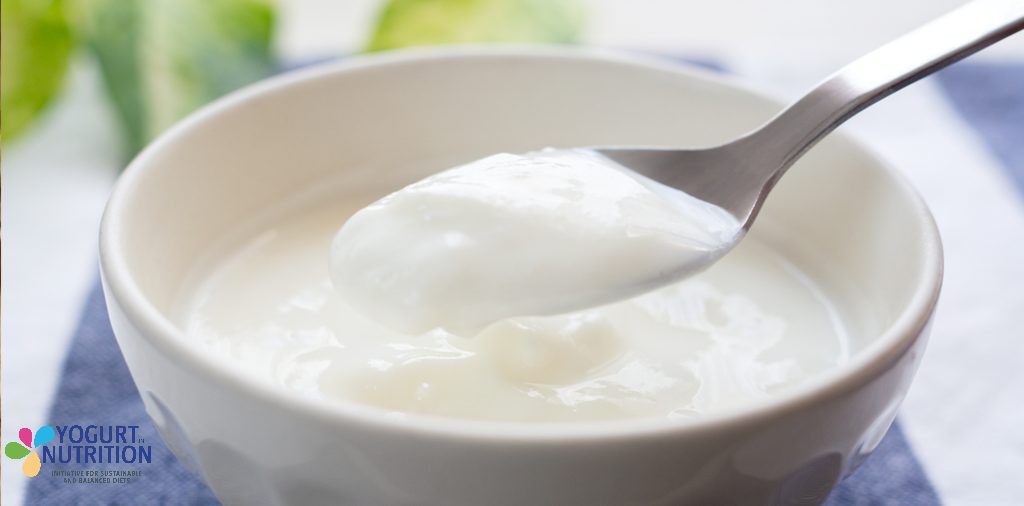To answer this question, we must first distinguish “yogurts” from “fermented milks” and define “probiotics”.
“Yogurts” contain only a starter culture of specific bacteria required for their manufacturing, whereas “fermented milks” may contain other added bacteria, specifically selected for their benefits (texture, taste, health effects…). Some of those bacteria can be defined as “probiotics”. The WHO (World Health Organization) defines probiotics as “Live microorganisms that, when administered in adequate amounts confer a health benefit on the host”.
The specific bacteria required to produce yogurt are Streptococcus thermophilus and Lactobacillus bulgaricus. They ferment the lactose from milk into lactic acid, giving the characteristic texture and taste of yogurt. These bacteria have certain health benefits, such as helping digest lactose for lactose intolerant people [1]. According to EFSA, yogurt must contain at least 108 CFU (CFU – colony forming units) of live microorganisms per gram of yogurt to obtain this probiotical beneficial effect on lactose digestibility [1].
In comparison, fermented milks can be fermented by other bacteria, because of their proven benefits. The most common are from Lactobacilli and Bifidobacteria species. Again, some of those ferments may have been selected for their capacity to provide a benefit to overall health.
These probiotics can positively modify the environment of the gut microbiota, influence the host’s metabolism or play a role in the prevention of metabolic disorders [2,3]. However, fermented milks, as well as yogurts, must contain a minimum dose of live bacteria to ensure a probiotic activity [4]. The label of the final product indicates generally the species and strain of the added probiotic as well as the quantity (in CFU). A fermented milk must have at least 108 CFU of live microorganisms per serve. With this quantity of added selected live bacteria, the fermented milk will have a probiotic effect.



